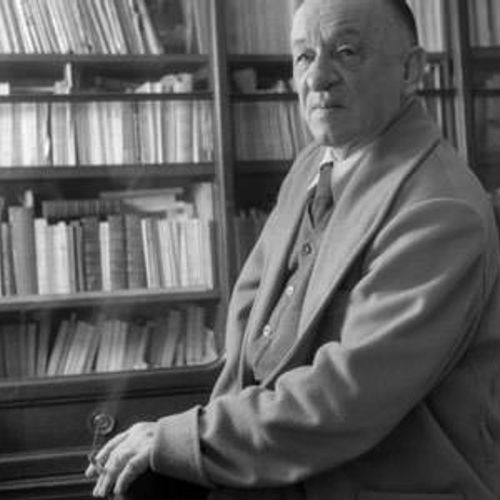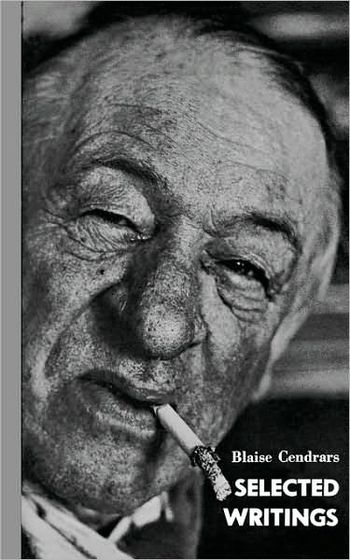“Everything is written in blood, but a blood that is saturated with starlight. You can look clean through him and see the planets wheeling. The silence he creates is deafening. It takes you back to the beginning of the world, to that hush which is engraved on the face of mystery.” So writes Henry Miller of Blaise Cendrars in his foreword to this collection of prose and poetry by one of the great figures of modern French literature. Swiss-born in 1887, but French to the core in spirit, Cendrars roamed the world for many years, a restless seeker who made life an adventure and his novels and poems the record of a never-satisfied appetite for human experience. As a young man he reached the Orient across Russia, and “The Transsiberian,” one of his finest long poems is included in this volume. Over the years, a number of Cendrars’ works were translated into English––early among them, in 1931, John Dos Passos’ brilliant version of “Panama, or the Adventures of My Seven Uncles” (reprinted in this collection)––but all are now out of print here, so that this selection from the whole range of Cendrars is most timely. It has been prepared by Professor Walter Albert of Brandeis University, whose long introductory essay is the most detailed biographical and critical study of Cendrars now available in English. While the greater part of the selection is concentrated on Cendrars’ poetry (with the French text printed en face), there are also representative excerpts from the major novels and other prose books, as well as several essays, including impressions of Chagall and Picasso. The translations are by Walter Albert, John Dos Passos, Scott Bates, and H. L. Stuart.

